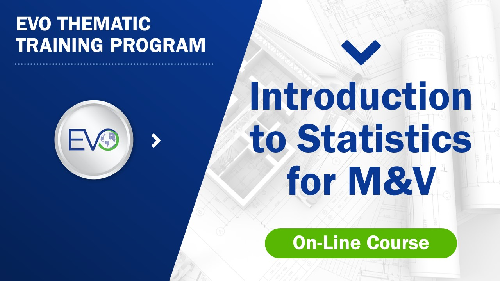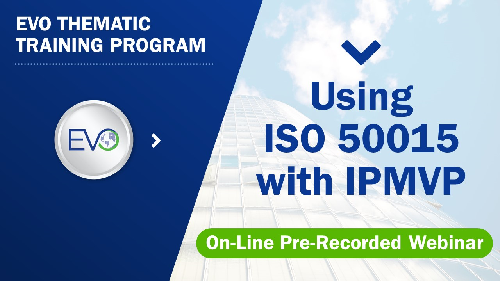By Geert Goorden*
Earlier this year, a consortium of European companies pooled their resources together to develop quality assessment criteria and implementing quality assurance schemes for energy efficiency services in buildings. The project, QualitEE, aims to increase investment in energy efficiency in the building sector and to improve trust in energy service providers. The project is funded by the EU’s Horizon 2020 programme and aims at implementing quality assurance schemes in at least eight countries by 2020.
The draft Guidelines of European Technical Quality Criteria, published in February 2018, are targeted at public and private clients, all sizes of energy service providers, financial institutions, procurement staff, and policy-makers. They aim to respond to the urgent market need for standardization of energy efficiency services (EES). The criteria and information that have been developed form the basis for certification of energy efficiency services and represent a major step towards European standardization of EES.
Technical Quality Criteria
The guidelines define and operationalize technical, economic, communicational, and other criteria, which allow a comprehensive set of quality criteria to be applicable in quality assurance and certification schemes. Assessment criteria are introduced as well as evidence and verification processes. The criteria set is partly based on “preliminary quality criteria for energy efficiency services” developed for the Austrian market (by DECA) within the Transparense project.
Nine Quality Criteria have been identified:
- adequate analysis
- quality of implementation of the measures
- savings guarantee
- measurement and verification of energy savings (M&V)
- value retention and maintenance
- communication between the provider and the client
- compliance with the users’ comfort requirements
- informing and motivating the building users
- comprehensible contractual stipulations
Some of the criteria may seem evident or obvious, but it is expected that explicitly stating and checking them will enhance awareness and trust both for the client and the service provider.
Assessment parameters
For each of the quality criteria, a set of parameters is provided that allows for a uniform assessment of each criterion. The project strives towards using existing protocols and tools for this assessment.
For measurement and verification of energy savings (M&V) reference is made to the International Performance Measurement and Verification Protocol (IPMVP) developed and maintained by EVO over the past 20 years. The IPMVP relates to project-specific M&V. The QualitEE guidelines also refer to the ISO 50015:2014 standard which provides general principles and guidance for measurement and verification of energy performance for organizations.
Background and significance of verification of energy savings
As stated in the guidelines, the identification and implementation of energy savings are at the center of EES. For this reason, the quality of an EES is also determined by the way that energy savings are verified. Energy savings cannot be measured directly but are always calculated. In simple terms, three approaches are differentiated:
- Verification based on measured energy consumption: Even in places where measurement equipment is available to record energy consumption, energy saving is determined through the comparison of the current value with a reference consumption (frequently called a “baseline”). At the same time, factors impacting energy consumption that are not caused by EES must be “filtered out” (often referred to as an “adjustment process,” e.g., for the impact of variations in weather conditions);
- Engineering calculation of energy‐savings: Usage of complex methods of calculation and simulation largely based on standards;
- Expert estimation: Derivation from savings realized from similar and comparable cases.
Get involved
In the course of the QualitEE project, the proposed quality criteria are being fine-tuned and tested in new or ongoing energy efficiency projects. Feel free to participate in this process and submit your project as a pilot. This can be done via the QualitEE website.

(*) Geert Goorden is Principal consultant at Factor4.
![]() This project receives funding from the European Union’s
This project receives funding from the European Union’s
Horizon 2020 research and innovation programme.






